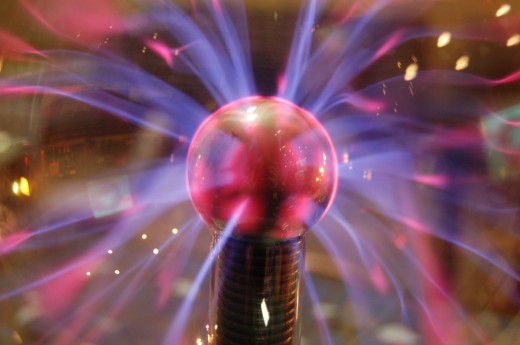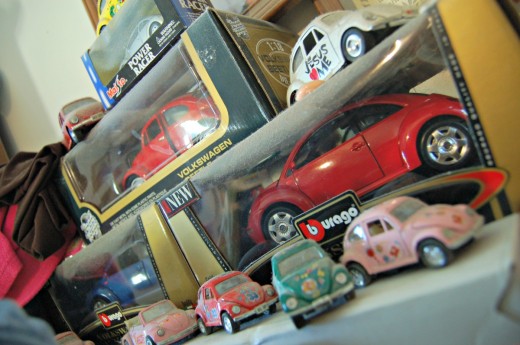It happens all too easily.
You have forgotten how to have fun. Insults are spoken. Feelings are hurt. Defenses go up. Relationships are severed.
All of these happen when we think more highly of ourselves than we ought to think.
The result is pride, which gets in the way as often as possible.
When pride is present, love is blocked.
How can there be love if you are too busy judging others? When you choose convenience over relationships and being right over forgiveness?
Then there’s the other side of pride: self-pity.
You messed up again. Everything is going poorly. There’s no help for you, just more misery. You’ll never be as good as the next guy.
Again, love is missing.
How can there be love if you are too busy attacking yourself? Thinking insulting thoughts and putting everyone else around you on a pedestal?
Either way, pride leads to self.
It’s hard being humble. Very hard. No one claims it is easy.
But it’s better — and easier — than being a slave to pride all your life.
Time to stop being miserable.
What happens long term when we continually choose pride?





